The principle of "doing the right thing" has long been woven into the fabric of American values. Whether championing civil rights or promoting equality in the workplace, businesses and organizations have historically stood at the forefront of driving positive social change.
Today, however, these efforts are increasingly under threat. Corporate Diversity, Equity, Inclusion, and Belonging (DEIB) programs, once hailed as a pathway to fairness and opportunity, face significant pushback from legal challenges, political pressures, and orchestrated campaigns.
The Growing Opposition
Conservative legal groups, including America First Legal and the Wisconsin Institute for Law and Liberty, have led the charge against corporate DEIB initiatives. They argue that such programs violate federal laws like the Civil Rights Act of 1964 by promoting "reverse discrimination." Their efforts have gained momentum following the recent U.S. Supreme Court decision to strike down affirmative action in higher education, encouraging similar challenges in the corporate world.
As a result, some organizations have started to rethink or even roll back their DEIB strategies. For example, companies like JPMorgan Chase and BlackRock have changed their programs to appear more inclusive of
all applicants. On the surface, this seems like a move towards broad inclusivity, but it dilutes the original intent of these initiatives, which is to correct systemic inequities and provide marginalized communities with opportunities to thrive.
Public Pressure and Corporate Risk Aversion
The opposition to DEIB initiatives extends beyond the courtroom. Conservative activists, shareholders, and public figures have launched campaigns urging companies to
abandon or downsize these programs. The narrative often frames DEIB efforts as divisive, suggesting that they favor certain groups at the expense of others. This argument has resonated with some segments of the public, leading to boycotts and backlash that have put additional pressure on companies.
In response, some corporations have chosen a more risk-averse path, quietly stepping away from their DEIB commitments to avoid legal challenges, negative media attention, or shareholder unrest. While this may protect these companies in the short term, it ultimately
undermines the values they claim to uphold. More importantly, it
jeopardizes the long-term benefits of a truly diverse and inclusive workforce.
The Consequences of Going Back
The growing resistance to DEIB initiatives reflects a deeper divide within American society. On one side are those who believe that fairness and equal opportunity should be extended to all, regardless of background. On the other side are those who view these initiatives as unnecessary or harmful, often fueled by a desire to maintain the status quo.
The risks of retreating from DEIB are significant.
Studies have repeatedly shown that diverse teams drive innovation, boost creativity, and improve problem-solving capabilities.
Companies with strong DEIB practices are better equipped to understand and serve a diverse customer base, making them more competitive in the global marketplace. In other words,
diversity is not just the right thing to do—it's also good for business.
“Diversity Wins,” a seminal report by McKinsey & Company, provides
compelling evidence
linking diversity to improved financial performance. The report analyzed data from over 33,000 companies in 29 countries and found that companies with a higher degree of gender and racial diversity outperformed those with lower levels of diversity.
Research from Catalyst explores the
psychological and cognitive benefits of diverse teams. The article argues that diverse teams are more likely to generate creative ideas, make better decisions, and solve problems
more effectively than homogeneous teams.
Yet, despite the proven benefits, some still resist the idea of fair treatment and equal opportunities for all. Whether motivated by fear, discomfort with change, or a desire to cling to outdated norms, this opposition poses a serious threat to the progress that has been made toward building a more equitable society.
Standing Firm in the Face of Opposition
While some companies have buckled under the pressure, others remain steadfast in their commitment to DEIB. Companies like
Pfizer,
Lenovo,
Amazon, and
Apple
continue to prioritize diversity and inclusion, recognizing that these values are essential for building a positive workplace culture and achieving long-term success.
For instance,
Pfizer has long emphasized that diverse perspectives are crucial to driving innovation in healthcare.
Lenovo and
Amazon have reinforced their efforts to create inclusive environments where employees of all backgrounds feel valued.
Apple continues to focus on increasing representation across all levels of the company, understanding that diversity is crucial to maintaining its competitive edge.
These companies are setting a powerful example, demonstrating that doing the right thing isn't about avoiding controversy—it's about
building a sustainable future where everyone can succeed.
The Front Lines of Inclusion
It's important to recognize that the fight for DEIB is happening not just in boardrooms but at the grassroots level as well. Within organizations, passionate DEIB professionals work tirelessly to ensure that these initiatives remain a priority. These individuals are the front-line advocates for inclusive hiring practices, equitable promotion opportunities, and the creation of safe spaces for underrepresented employees.
Community leaders, activists, and nonprofit organizations are also pushing back against the narrative that DEIB is harmful or unnecessary. They understand that true inclusion isn't about giving special treatment to one group over another—it's about creating a level playing field where everyone has the same chance to succeed. These advocates are fighting for corporate inclusion and the future of American democracy and competitiveness.
The Path Forward
As this battle continues, companies and leaders across all sectors must remain committed to doing the right thing. It's easier to back down in the face of organized opposition, but those who stand firm in their values preserve their integrity and shape America's multicultural future. The resistance against DEIB initiatives is a reminder that progress requires vigilance, courage, and a willingness to fight for what's right.
Ultimately, diversity and inclusion are not just moral imperatives but strategic advantages.
Companies that embrace these principles are better positioned to thrive in a rapidly changing world. As America faces this crossroads, the question isn't whether we can afford to embrace diversity—but we cannot afford not to.
Doing the right thing is still alive in America, but it's under threat. The future belongs to those who understand our strength lies in our differences. By staying true to the values of fairness, inclusion, and equity, we can build a society where everyone has the opportunity to succeed—and where doing the right thing remains a cornerstone of the American business landscape.
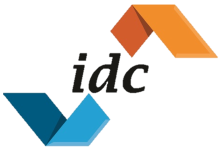




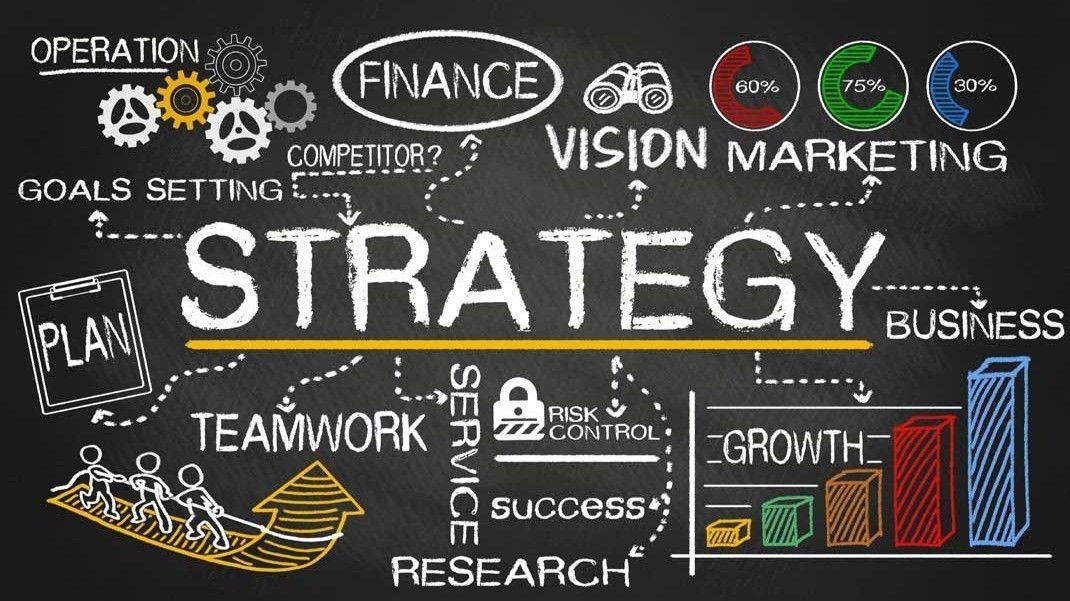
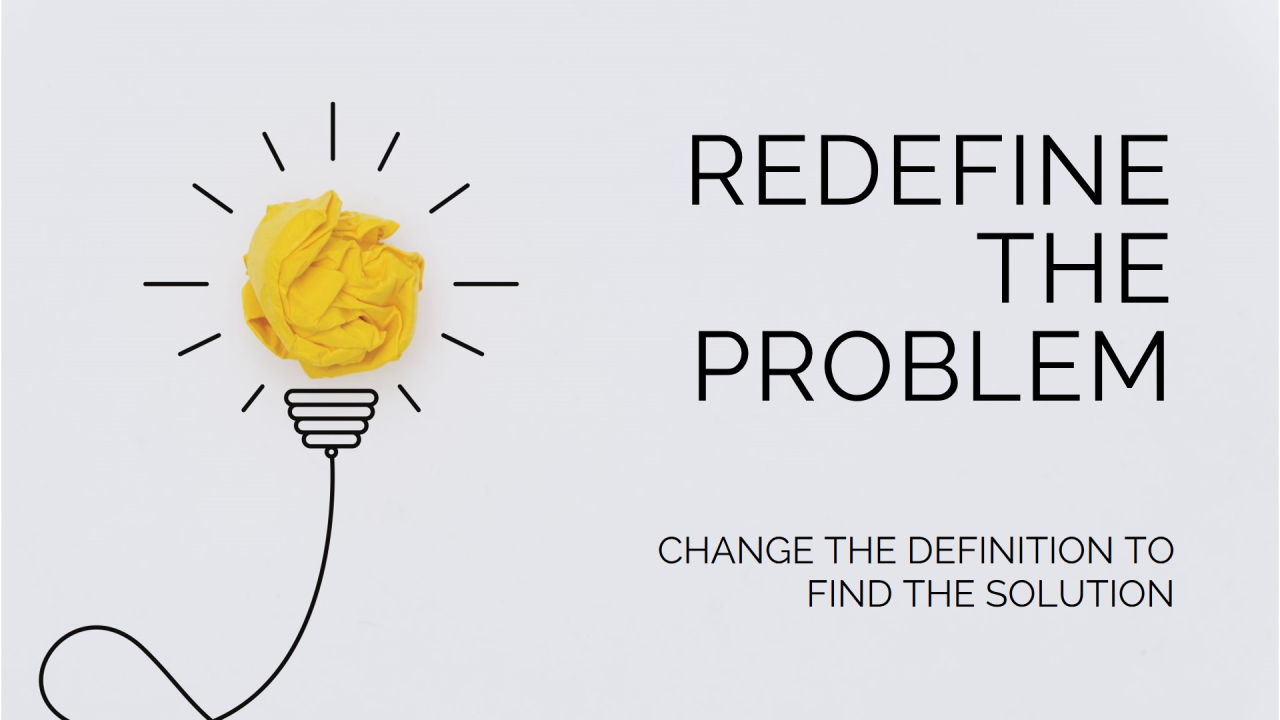

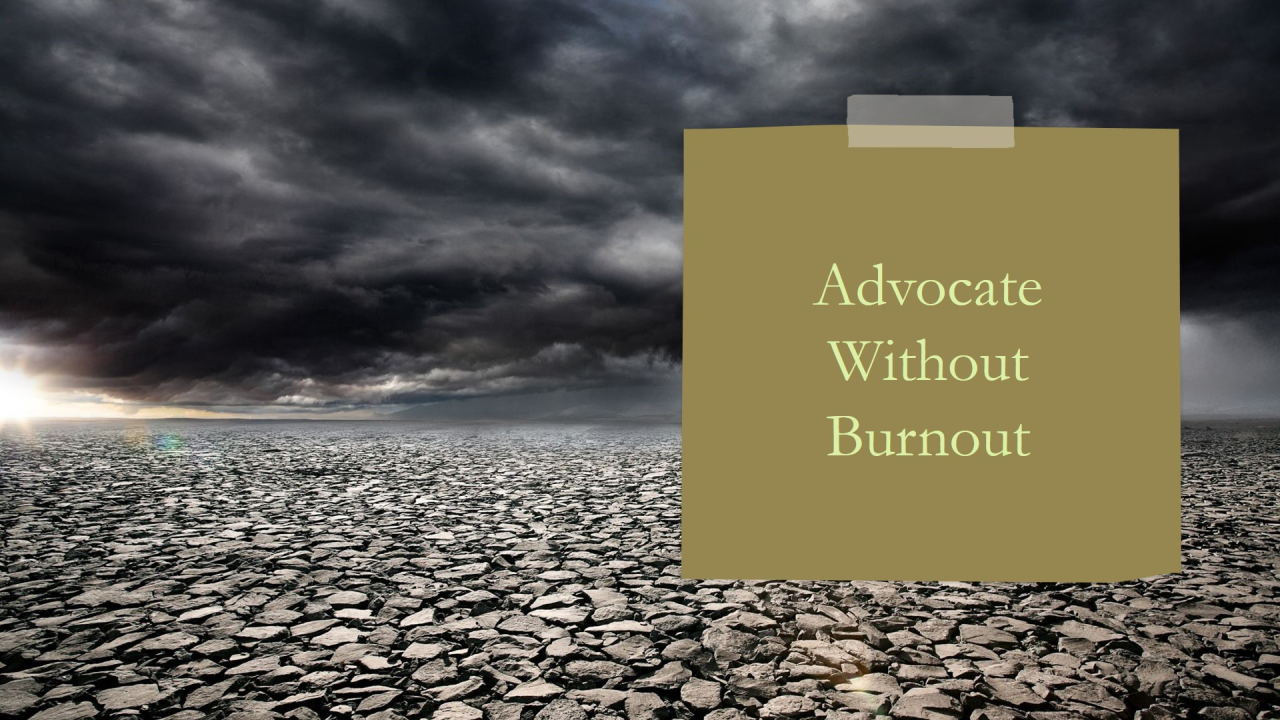
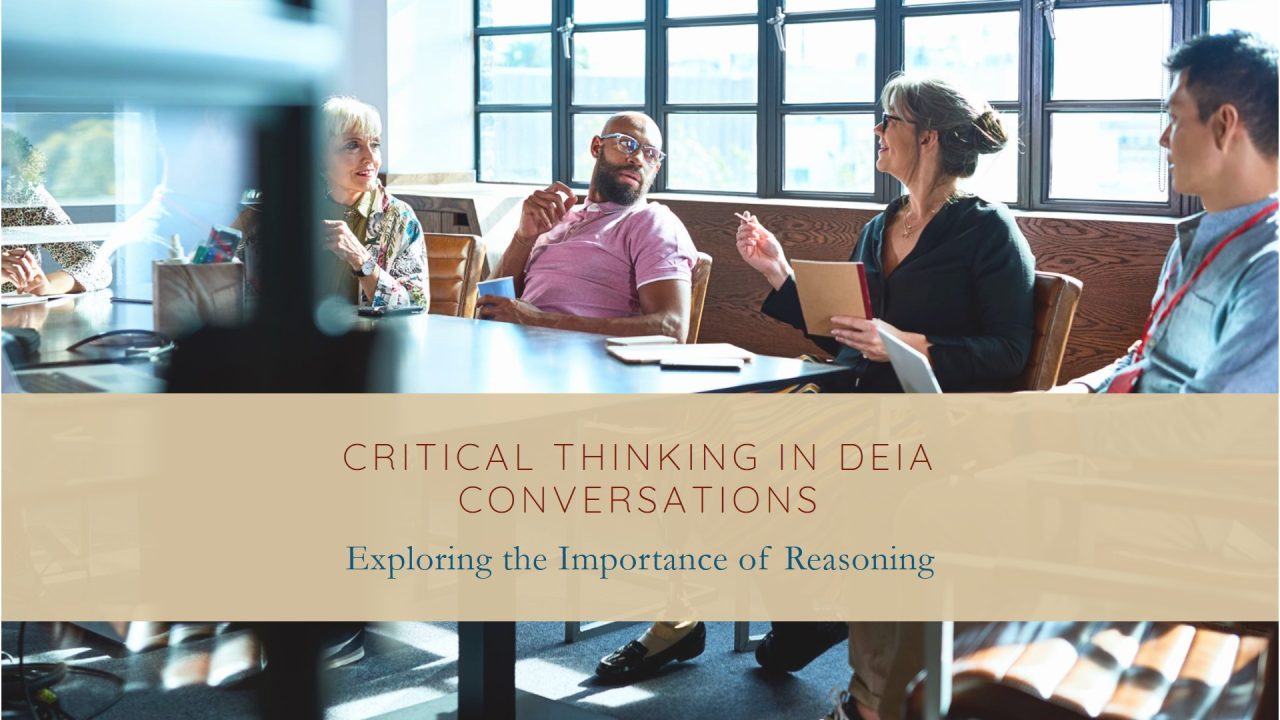
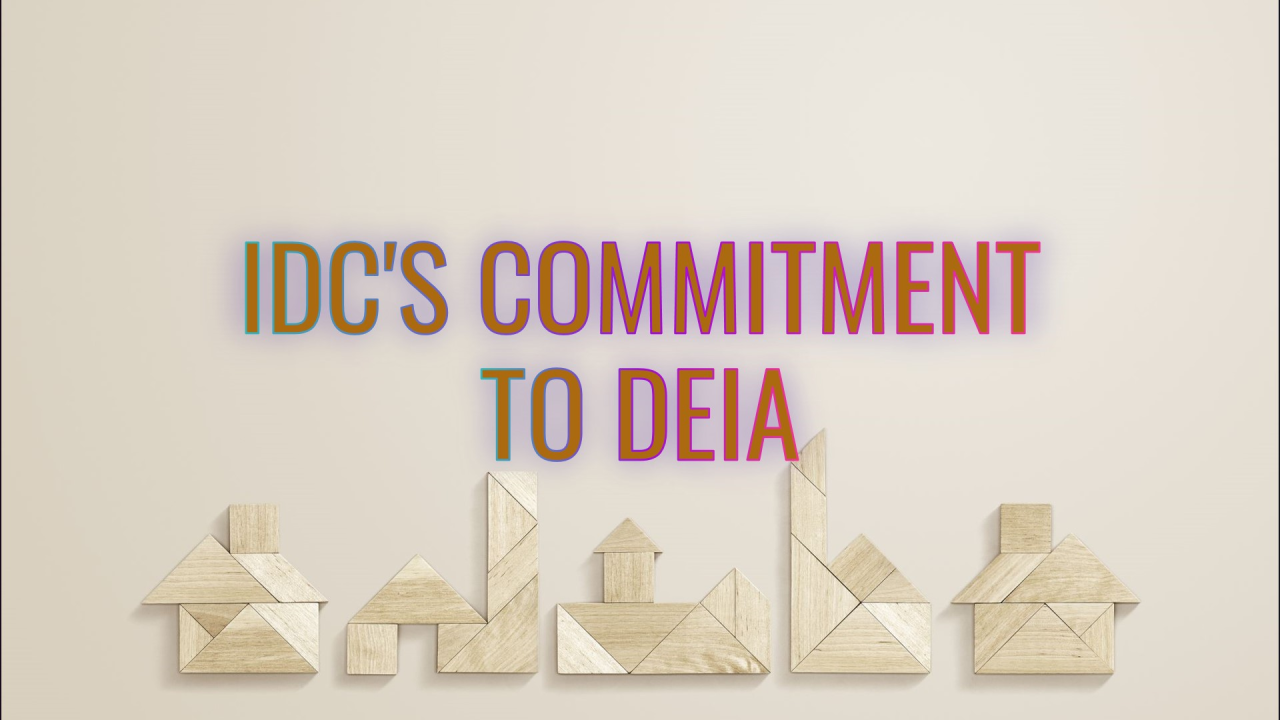
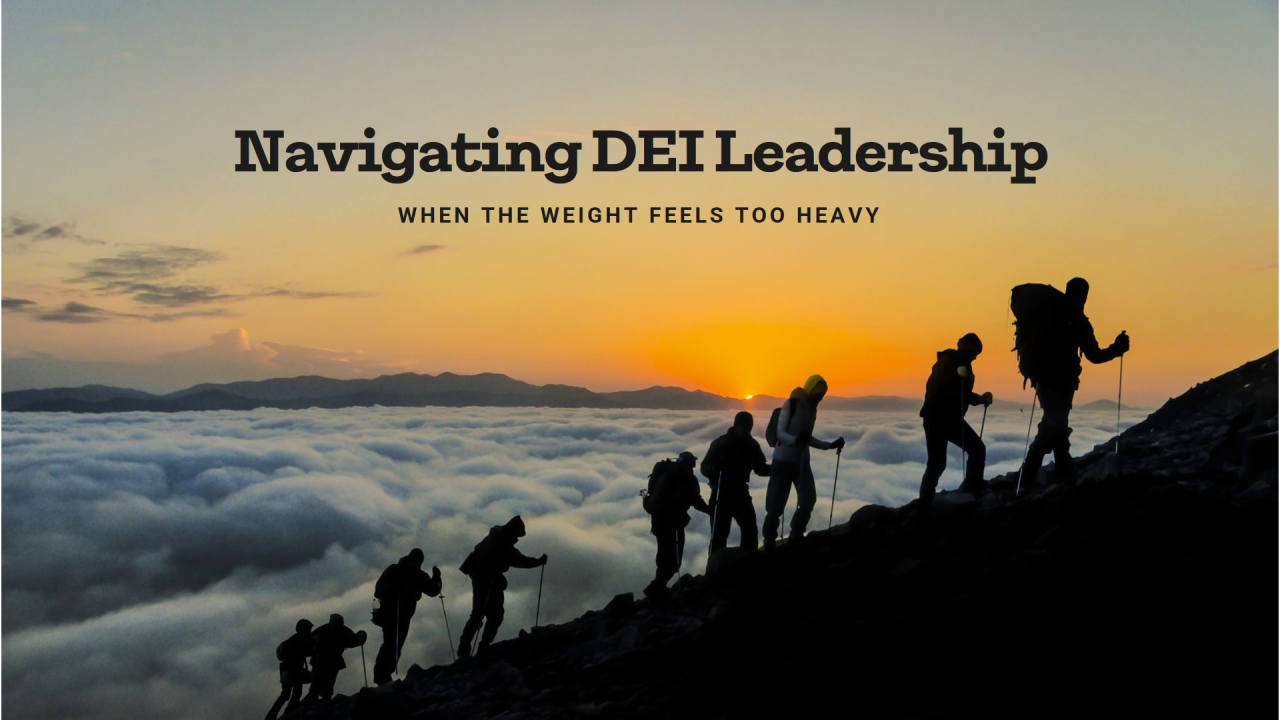
Share On: